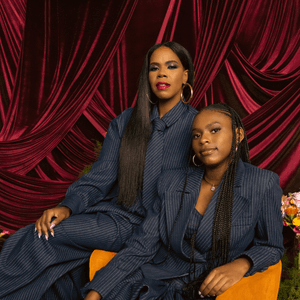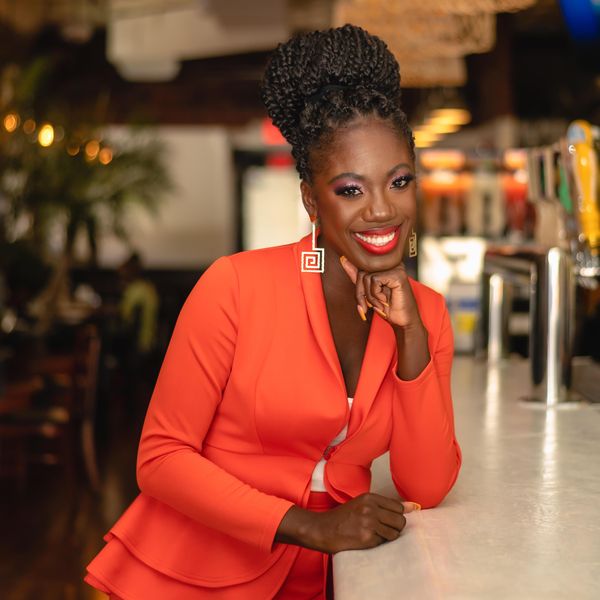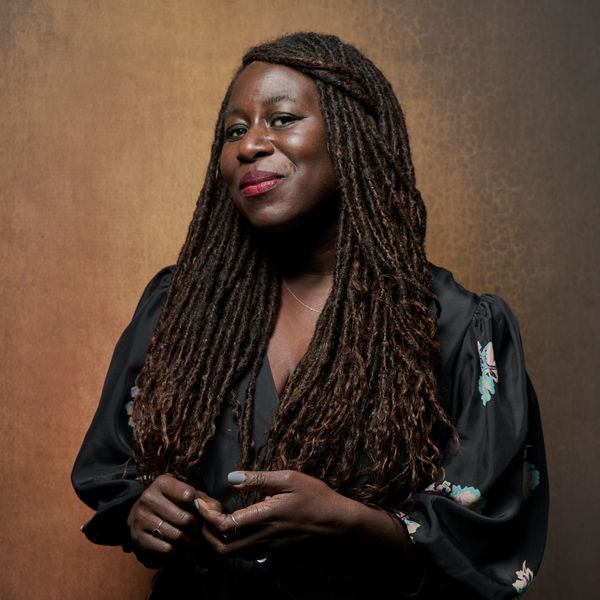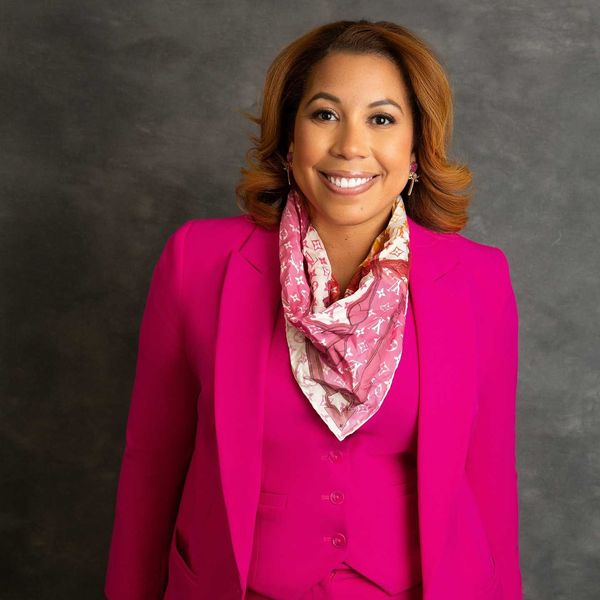When you finally land a job interview, it's easy to think that the only thing you need to worry about is impressing your potential managers or peers. And if you've been out of work for an extended period of time, you might even feel super desperate. You just want the whole process to be over with.
When interviewing for a job, it's important that you make it a two-way conversation because, in essence, it's a two-way transaction: They need your talent, training, and experience. You need to get paid for those three things. And you're valuable. I mean, the only capital almost as important as human (when it comes to business) is time.
Knowing this, these are four smart questions you should be asking at any job interview this year:
1. "How does the company evaluate my performance and award great work?"
This question is huge. It's a great way to find out more about the company's values, how they see productivity and results, and whether you might be signing up for a toxic environment where there's hardly any fulfillment. Good work should be acknowledged, and depending on what motivates you at work, the way in which it's noticed should be in line with your values. If you're motivated by more pay, then it might not be great if the interviewer says, "We throw a pizza party quarterly," or "We offer product discounts with our corporate partners." If they really don't have an answer for this, try to deflect, or their answers are super-vague, go ahead and raise that mental red flag.
I once worked for a company where I had to sell six figures worth of a certain product. We had to meet monthly KPIs (key performance indicators), and we were paid a little more than minimum wage while the company made millions from us closing sales.
They'd reward those who met their KPIs with a pat on the back and a potluck lunch. Yeah. That didn't end well for me because the math wasn't math-ing. I made my KPIs 90% of the time, but never got any tangible (i.e., monetary) reward for it, drove a used car, couldn't afford rent at that time (so I was living with family), and was one of their top sellers in my quad.
If I ever go into a sales-focused job again, I want one that offers commissions and paid bonuses for meeting targets. So, ask those questions early in the interview process.

When interviewing for a job, it's important that you make it a two-way conversation.
Drazen/Getty Images
2. "What additional benefits (other than PTO and healthcare, which are mandated by law) are available to me?"
Today, as we all focus more on wellness and self-care, it's important to get to know how much more you can get than 10 days off a year. (For some jobs or industries, more than this just might not be a realistic ask, but for many, it is). You'd probably be surprised how much more you can negotiate when it comes to benefits. It could be taking Mondays off, going home an hour earlier, or a free gym membership. It could be payment for wellness classes or resources that you can use while at work. It's anything beyond the usual "package" offered to someone.
Some companies really offer scraps, and then you're responsible for actually asking for the true basics of benefits. Ask about these things before you take a job and find out when it's too late that you can't even get a paid sick day off because you've been at the company less than six months.
This question also reflects the values of the company as well. Are they more into squeezing blood out of a turnip and treating their workers like robots, or do they put humanity first and know that people work at their best when they not only feel valued but are shown through actions and dollars that they are. Here's a great checklist you can use, via Indeed, to consider what additional benefits you might want to ask about.
3. "Could you tell me more about the educational or additional training resources made available to me, supported by the company?"
Any innovative and thriving company wants to be able to keep its best employees, and a big part of doing this is offering educational and training opportunities that will help its professionals continue to grow with the company. It's great to be able to go back to school, take online courses, get mentorship opportunities, or be placed with other leaders at the company without having to leave or dip into your own pockets to do so. Many leading companies that are among the favorites of millennial women offer such resources, so ask.
4. "What's a day in the life look like in the role?"
This is another huge question that will give you all you need to know about the company's values, culture, and ways of treating its employees. When you're interviewing for a job, the manager should be able to very clearly let you know what's expected in terms of duties. This is a great way to also find out if you've been catfished by a job posting because they literally have the opportunity to reinforce what was already included there.
If they slip up and start adding duties, seem confused, don't really know, or describe something totally different from the job posting, quietly decide that you'd rather mop up the ocean for a living than take that job. You'd be in for a disaster.
I've already told the story of how I'd interviewed for a dream job, went through three rounds of interviews, got the job, and on the first day, was told I'd be managing an additional department full of very disgruntled professionals (mourning the loss of their manager who was laid off a short while before they hired me). Oh, by the way, the pay would remain the same. And when I pushed back about it, they gaslit me and downplayed why they'd totally flipped the script on me just after I'd signed my paperwork. Yep, that didn't last. I unapologetically walked away.
So, save yourself the disappointment, heartache, and stress and ask the important questions about job duties up front. I'd ignored the signs during the interview because, again, it was my dream job. There were red flags like a very bewildered interviewer who answered the question but wasn't head of the department I'd be working under, nor was she experienced in the type of work I was interviewing to do.
Let's kill the practice of getting a job to do one thing but being manipulated into doing three different jobs without the pay increase or the courtesy of giving us the opportunity to decline.

When you're interviewing for a job, the manager should be able to very clearly let you know what's expected in terms of duties.
monkeybusinessimages/Getty Images
BONUS (If applicable): "Are there opportunities to work remote? If so, what does this look like?"
Remote work is not some "privilege" that companies are bestowing on their workers. It's becoming a norm. Don't let any manager fool you. If you're a parent and need to be there for your kids, ask about this option. If you don't thrive working in an office and do better work while away from a cubicle, ask this question. If you have a health issue where commuting makes things unnecessarily difficult for you, ask about this. If you simply want to have one or two days to be out of the office for hybrid work, you know what to do.
Again, for some industries or jobs, this is not possible, and for very good reasons (i.e., cybersecurity being a great one), but if you are working in an industry or are interviewing for the type of job that lends to this, speak up about it at the onset of the interview. For many of us, remote work saved our lives. It provided more wellness benefits than HR could ever offer.
Advocate for yourself so that you can be the best professional and you can grow in order to be a leader in your industry.
Let’s make things inbox official! Sign up for the xoNecole newsletter for daily love, wellness, career, and exclusive content delivered straight to your inbox.
Featured image by Portra/Getty Images
- Don’t Leave Your Next Job Interview Without Doing This. ›
- How To Answer Tough (But Common) Job Interview Questions ›
- 21 Questions You Should Ask During Your Next Job Interview ›















